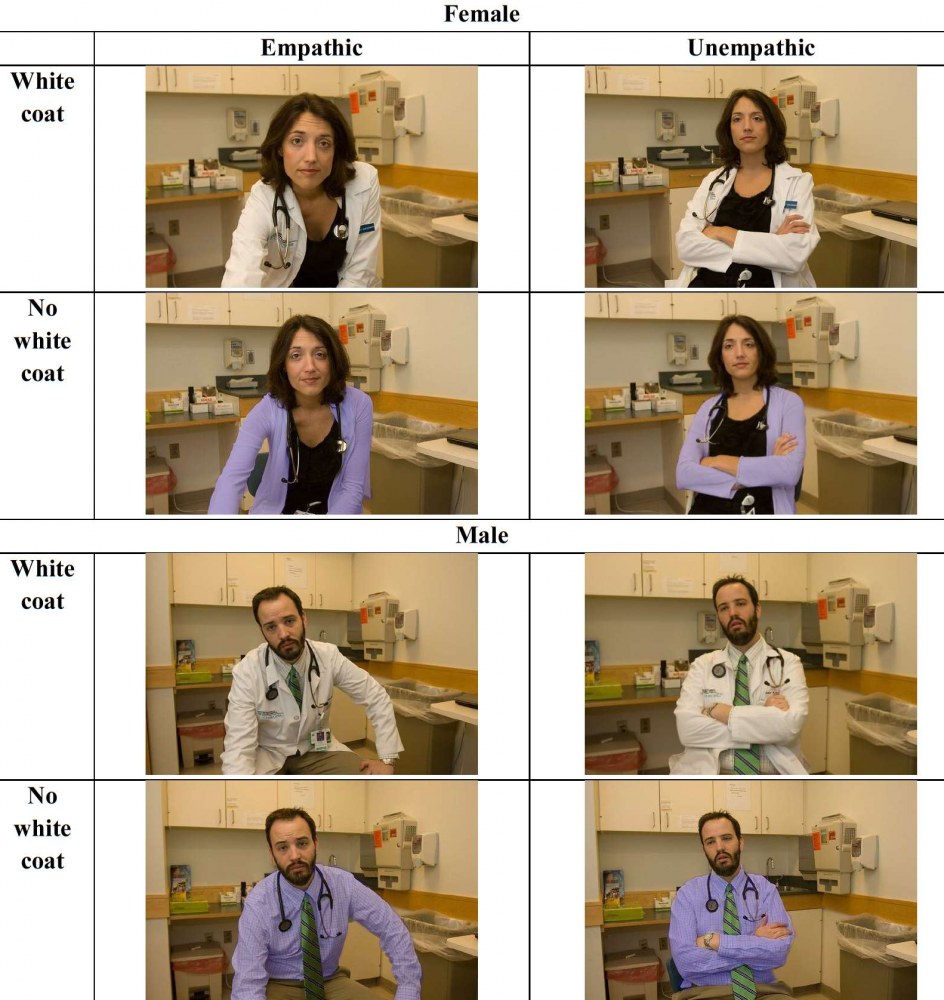 As I was thinking about what I should write this month that would be of interest to you, I was going back and forth between health care reform and controversies in allergy practice. But, to be honest, I’m so tired of both subjects, and I’ve really had it with the circus in Washington, D.C. Then lo and behold, two of the College staff, Jennifer Pfeifer and Hollis Heavenrich-Jones, came to my rescue. They sent me a fascinating article from Scientific American, which I used to love to read when I was in high school and college. The article was entitled Does Empathy and Warmth Make a Physician Seem More Competent?
As I was thinking about what I should write this month that would be of interest to you, I was going back and forth between health care reform and controversies in allergy practice. But, to be honest, I’m so tired of both subjects, and I’ve really had it with the circus in Washington, D.C. Then lo and behold, two of the College staff, Jennifer Pfeifer and Hollis Heavenrich-Jones, came to my rescue. They sent me a fascinating article from Scientific American, which I used to love to read when I was in high school and college. The article was entitled Does Empathy and Warmth Make a Physician Seem More Competent?
The author, Gordon Kraft-Todd, from the psychology department at Yale University, discusses the role of a physician’s nonverbal body language in not only making the patient feel that he or she is more empathetic but also more competent. He goes on to describe his group’s research in PLOS ONE, in which participants were shown different pictures of physicians intended to communicate empathy (eye contact) and competence (the physician’s white coat), and the subjects rated which physicians were more empathic (warm) and more competent.
Here are the pictures:

I would have thought that the pictures of the physicians in white coats with their arms crossed would have been rated the more competent ones, and the pictures of the physicians without white coats and making eye contact with the viewer would be rated the most empathetic and caring. But I was only partially right, because the ones that made eye contact, with or without white coats, were also the ones rated as more competent.
This study reminds me of a patient I once had. I could not figure out what was causing her lung problem, so I referred her to the top pulmonologist in Memphis. I got a report back from him with the diagnosis, and I was relieved for both the patient and myself. That patient came back to me for a return appointment and WOW, was she mad. “I am never going to go back to that doctor,” she barked at me. Of course I needed to know why. “He never looked at me. He never listened to my lungs. All he did was send me for more tests – he doesn’t know what he is doing,” she relayed to me. I was taken aback. It didn’t matter to her that the diagnosis had been made and she was on the road to recovery. As far as she was concerned, I had sent her to a totally incompetent, unempathic physician.
So in this age of spending more time looking at computer monitors and typing into our EHRs than engaging in eye contact with the patient, we need to remember that our medical knowledge is not the only thing that is important to them. Verbal, and (as we see from the Kraft-Todd, et al study) nonverbal communication is vital to a successful patient-physician relationship. Without appropriate empathy for our patients, we cannot obtain the needed high patient satisfaction, which leads to better adherence to treatment and improved outcomes. Yes, medicine is a science, but don’t forget the “art” part. As we see, empathy and competency go hand-in-hand.
Register for the Aug. 29 College webinar on Empathic Communication: Yes, You Can Teach It!
Michael Blaiss, MD, FACAAI, Executive Medical Director
